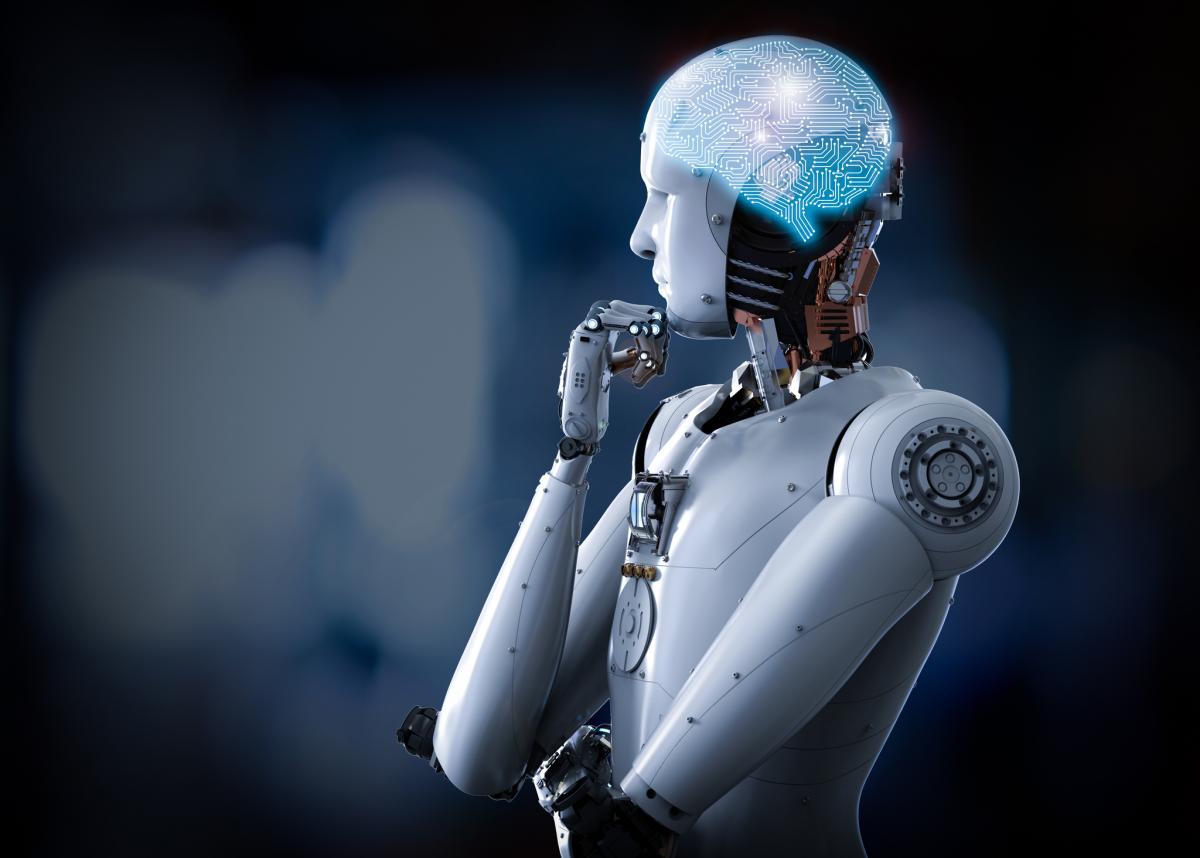
I am sure that over the past few months you have heard government leaders, including myself, as well as business leaders and innovative entrepreneurs talk about the Fourth Industrial Revolution (4IR).
Yet there are many South Africans who wonder what 4IR is and how it will impact on their lives.
Broadly speaking, 4IR speaks to the changes that are taking place in technology.
These changes bring a new way of thinking in terms of how we use technology at work, for every day use and how we relate with one another. While these changes are taking place unevenly around the world, South Africa’s time to join this revolution is now..
These technologies will bring change in all areas of life, including how we teach our children, how we do business and the types of jobs that will emerge as people work alongside robots and other technologies driven by data.
The technologies of 4IR will provide developing and emerging economies like South Africa with opportunities to improve and replace technologies of the previous revolutions.
Prior to the Industrial Revolution, manufacturing was often done in people's homes, using hand tools or basic machines. Industrialisation gave birth to machinery, factories and mass production.
 4IR brings even more technological advancements in areas such as the Internet of Things (IoT), robotics, virtual reality (VR) and artificial intelligence (AI) to name a few.
4IR brings even more technological advancements in areas such as the Internet of Things (IoT), robotics, virtual reality (VR) and artificial intelligence (AI) to name a few.
Behind these words are a revolution in technology that has the power to improve human health, improve the way government or business delivers services to citizens or customers, and to warn us in advance of – and to manage – natural disasters.
It has the potential to reduce inequality in the world, because these technologies can break through the barriers that currently exist between people of different social and economic status.
None of this is science fiction; instead, we are dealing here with the realities of the continuous expansion of human intelligence and now the development as well of artificial intelligence, such as we are witnessing with driverless vehicles or parcel deliveries by drones.
The question facing a country like ours is how to harness the best aspects of these developments and innovations to ensure that the quality of life of all South Africans improves and that we grow our economy.
As with all leaps forward in human development, 4IR is not without its challenges – one of which is the replacement of human labour by robotics and other technologies.
In a country with our levels of unemployment, we therefore have to balance our adoption of new means of production with our investment in building the skills South Africans need to remain productive in this era.
Even more importantly, we need to identify those sectors of our economy – like agriculture – where we can still provide work for people whose skills are more closely aligned to the previous industrial revolution.
If we are able to strike and maintain this balance, we will be able to benefit from 4IR in ways that will build a dynamic and competitive economy that creates decent, sustainable jobs.
To ensure that we harness technological change in pursuit of inclusive growth and social development, I have appointed a Presidential Commission on 4IR.
The commission comprises people from different sectors of society who will guide our country’s digital transformation.
They will identify and recommend policies, strategies and plans that will position South Africa as a global competitive player within the digital revolution space.
To succeed in this revolution, we need to equip our people with the necessary skills to thrive in such a society and in such an economy.
There is a need to develop more alert and applied education models.
This must start even before a child enters primary school and continue right through to our universities and colleges. There is an urgent need in developing and emerging economies to re-skill a significant portion of the current workforce suited for the technological age.
With this said, over the next six years, we will provide every school child in South Africa with digital workbooks and textbooks on a tablet device.
We will start with those schools that have been historically most disadvantaged and are located in the poorest communities, including multi-grade, multiphase, farm and rural schools.
Several new technology subjects and specialisations will be introduced, including technical mathematics and technical sciences, maritime sciences, aviation studies, mining sciences, and aquaponics.
The future of developing our technological age lies in developing the educational capabilities of our children.
It is through them that we will advance in robotics, artificial technology and the internets of things – not just as consumers and users of solutions developed elsewhere, but as creators of new possibilities for humanity.
Let us stand together in preparing for this digital age that seeks to improve our economy.
Greater technological and digital development is an essential part of our renewal and growth as a society.



 Facebook
Facebook Twitter
Twitter WhatsApp
WhatsApp